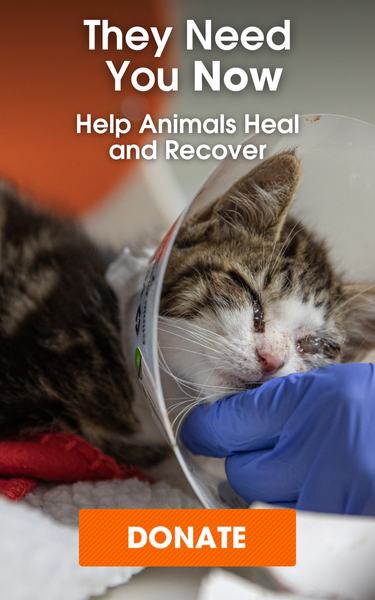
Over a Dozen Homeless Dogs Evacuated Following Tropical Storm Debby

At the request of The Humane Society of Valdosta/Lowndes County, we recently evacuated 14 homeless dogs displaced by Tropical Storm Debby. The ASPCA was on the ground in Georgia earlier this month, providing disaster relief support for animals impacted by the storm and subsequent flooding earlier this month.

As part of these efforts, our Animal Relocation team assisted The Humane Society of Valdosta/Lowndes County with the emergency evacuation of homeless dogs – all of which were in their shelter and unowned before the storm hit – after their facilities were damaged by inclement weather. The dogs were taken to Kentucky Humane Society, to undergo medical and behavioral assessments before being made available for adoption.

“Responding to large-scale emergency situations like Tropical Storm Debby requires close collaboration across animal welfare organizations both inside and outside the disaster zone to ensure animal shelters and pet owners receive the support they need to keep the animals in their care safe,” said Jessica Rushin, director of Animal Placement for ASPCA Shelter Services. “Evacuating shelter animals from communities directly impacted by disasters like this allows us to move those animals to safety while freeing up critical resources locally for other animals in need. We’re deeply grateful to our shelter partners like The Humane Society of Valdosta/Lowndes County and Kentucky Humane Society for making this lifesaving work possible.”


This transport is part of our wider disaster relief support in Georgia, South Carolina and North Carolina in response to Tropical Storm Debby. As a member of the National Animal Rescue & Sheltering Coalition (NARSC), we deployed to the Southeast alongside other partners including American Humane, ASAR Training and Response, Code 3 Associates, and the International Fund for Animal Welfare (IFAW). In crisis situations like Tropical Storm Debby, the Coalition works collaboratively and cooperatively to assist communities and their animals in preparation for and response to incidents that place animals in crisis.
